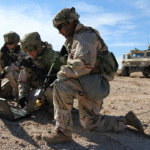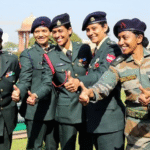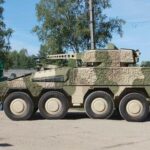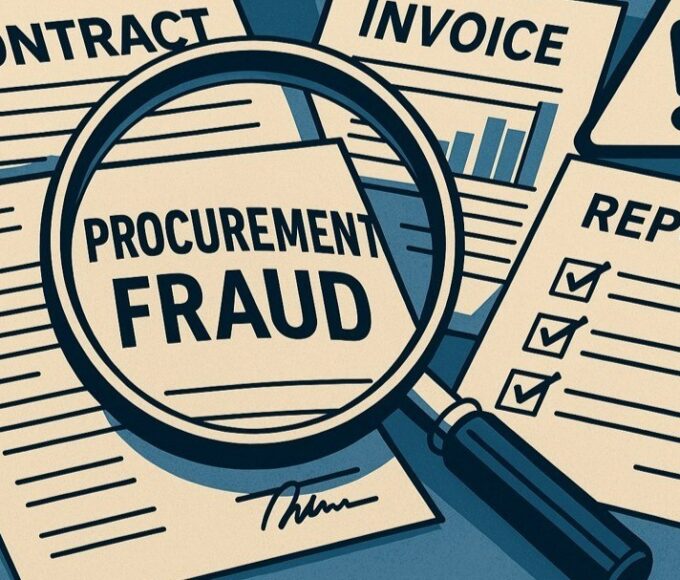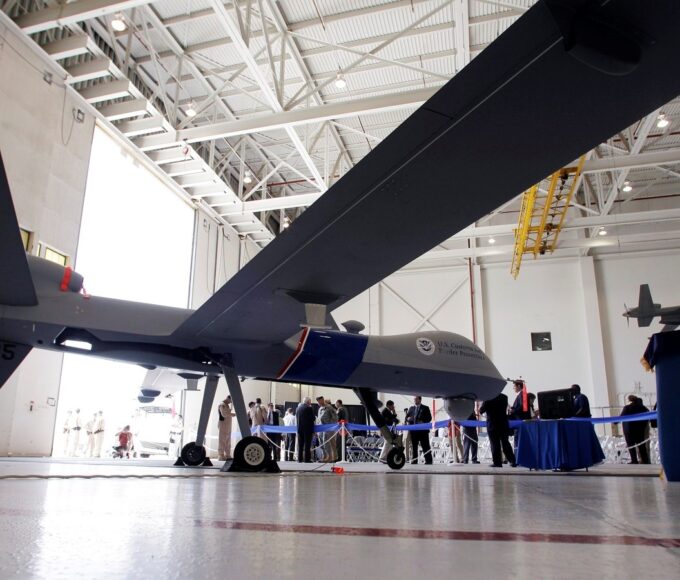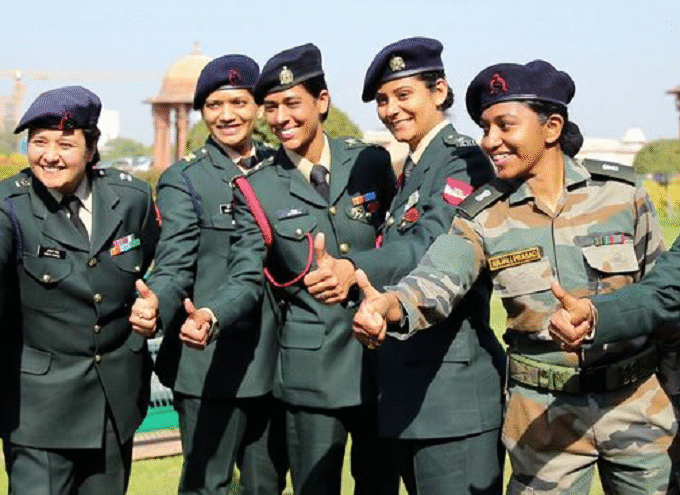South Africa’s Arms Industry: Lessons for Continental Defence Sustainability
As Africa increasingly seeks to localise its defence supply chains, South Africa’s experience provides a reference point for what is possible—and what pitfalls to avoid.

Once the undisputed leader of Africa’s defence manufacturing landscape, South Africa’s arms industry today stands as both a cautionary tale and a beacon of enduring capacity. Despite current financial struggles, the country’s historical achievements in developing indigenous defence platforms—from armoured vehicles and precision-guided munitions to UAVs and naval systems—offer vital lessons for other African states striving for defence sustainability and strategic autonomy.
As Africa increasingly seeks to localise its defence supply chains, South Africa’s experience provides a reference point for what is possible—and what pitfalls to avoid.
A Legacy of Innovation and Sanctions-Era Ingenuity
South Africa’s defence industrial complex, largely built during the apartheid era under international sanctions, developed a reputation for innovation and resilience. Isolated from global suppliers, the country was forced to build its own platforms across multiple domains.
Key Achievements (1980s–2000s):
- G6 and G5 Howitzers: Long-range artillery systems considered among the best globally.
- Rooivalk Attack Helicopter: A wholly indigenous design developed by Denel Aviation.
- Seeker UAVs: Early entrants into African unmanned systems with ISR applications.
- Ratel IFV and Casspir MRAPs: Among the first to develop mine-resistant vehicles, now replicated worldwide.
By the early 2000s, South Africa exported to over 70 countries and had one of the most vertically integrated defence industries in the Global South.
Current Players and Capabilities
Despite financial pressures, the core of South Africa’s DIB remains active.
- Denel Group: Struggled with mismanagement and underfunding, but still produces artillery, missiles, and UAVs.
- Paramount Group: Africa’s largest private defence contractor, exporting to 25+ countries. Known for Marauder and Mbombe armoured vehicles.
- Armscor and CSIR: Provide R&D and project management for the SANDF (South African National Defence Force).
Notably, the country retains advanced capacity in:
- Munitions production (Rheinmetall Denel Munition)
- Avionics and radar systems
- Naval vessel refit and patrol boat construction
Challenges and Decline: What Went Wrong?
Several converging factors have eroded South Africa’s defence industrial edge:
- Chronic underfunding: Defence budget cuts reduced SANDF procurement and R&D allocations.
- Political interference: Governance issues, especially within Denel, led to talent flight and project delays.
- Export licensing hurdles: Tight arms control laws have made exports bureaucratically cumbersome.
- Skills leakage: Experienced engineers and scientists migrated to private or foreign entities.
From 2015 to 2022, Denel’s workforce shrank by over 65%, and production fell by over 70% in several units.
Sustainability over Spectacle
South Africa’s journey reveals vital takeaways for other African nations:
- Invest in R&D ecosystems: Countries must build local scientific and engineering talent through partnerships with universities and technical institutes.
- Insulate industry from politics: State-owned entities require technocratic management, not patronage.
- Prioritise export-readiness: Defence production must be tied to both domestic needs and viable external markets.
- Balance regulation with agility: Arms control laws must deter misuse but not stifle legitimate trade.
- Foster private sector participation: As shown by Paramount, private firms can drive innovation where states falter.
Revival Plans and Pan-African Potential
In 2023, South Africa announced an inter-ministerial task force to stabilise Denel and restore core production lines. Paramount has expanded operations into Ghana and Kenya, showing the scalability of African defence ventures.
There is also growing interest in South African training, with engineers from Angola, Nigeria, and Uganda attending joint defence-industry programmes.
Not Just a Manufacturer, But a Mentor
South Africa’s arms industry, despite its recent turbulence, remains the most mature on the continent. Its decades of experience, indigenous innovations, and hard-won lessons can guide Africa’s broader journey toward defence sustainability.
As the continent reimagines its security architecture and seeks autonomy from foreign arms dependencies, it need not start from scratch—South Africa offers both a foundation and a future-facing example.
South African Defence Industry Snapshot (2023–2024):
- Estimated annual output: $850 million (down from $1.6 billion in 2014)
- Export destinations: 45+ countries
- Largest players: Paramount Group, Denel, RDM, Armscor
- Core exports: Armoured vehicles, artillery systems, guided munitions, radar
- Key challenge: 72% drop in government contracts since 2016
For insights into African defence resilience, procurement, and innovation, African Defence & Security Magazine remains your strategic source.
Recent Posts
Categories
- Air & Aerospace16
- Border Security15
- Civil Security4
- Civil Wars4
- Crisis5
- Cyber Security8
- Defense18
- Diplomacy19
- Entrepreneurship1
- Events5
- Global Security Watch6
- Industry8
- Land & Army8
- Leadership & Training5
- Military Aviation5
- Military History27
- Military Speeches1
- More1
- Naval & Maritime9
- Resources2
- Security12
- Special Forces1
- Systems And Technology9
- Tech6
- Uncategorized3
- UNSC1
- Veterans6
- Women in Defence9
Related Articles
INDUSTRY – DEFENCE PROCUREMENT SCANDALS IN AFRICA: LESSONS LEARNED
Defence procurement scandals have left a deep mark on Africa’s security landscape....
ByKing Richard Igimoh, Group Editor ALODecember 19, 2025THE NEW WATCHTOWERS: HOW SURVEILLANCE TOWERS AND DRONES BECAME CENTRAL TO MODERN BORDER CONTROL
Along the Arizona–Mexico border, a 160-foot steel structure Autonomous Surveillance Tower (AST)...
ByKing Richard Igimoh, Group Editor ALODecember 17, 2025WOMEN IN DEFENSE INDUSTRIES: INNOVATORS, ENGINEERS, AND LEADERS
The global defense sector, long viewed as a male-dominated arena, is undergoing...
ByKing Richard Igimoh, Group Editor ALONovember 18, 2025Offset Policies and Local Content in African Defence Procurement
As African governments spend billions on foreign military hardware, there is...
Byadmag_adminJune 27, 2025


